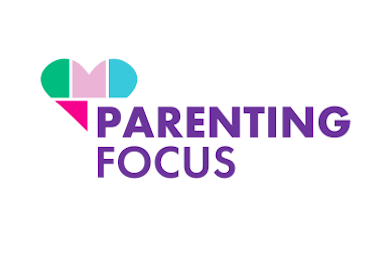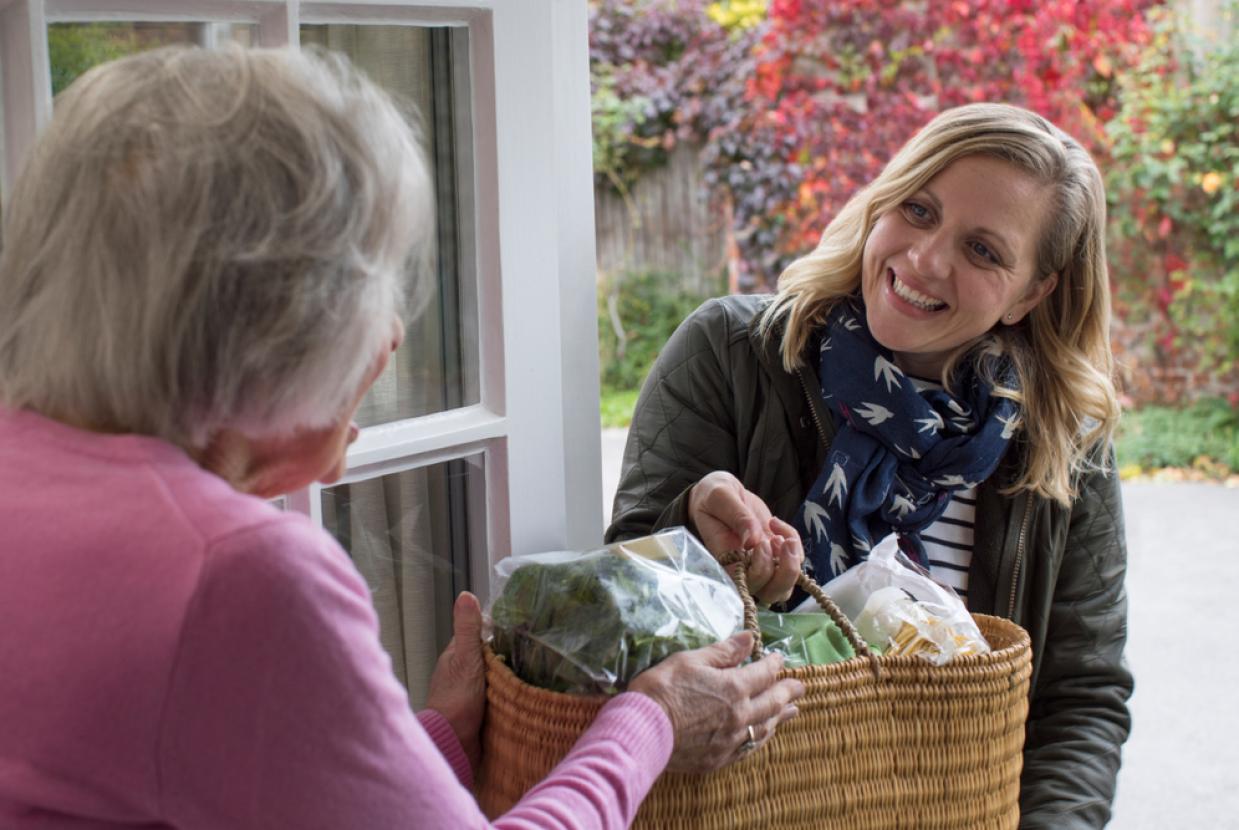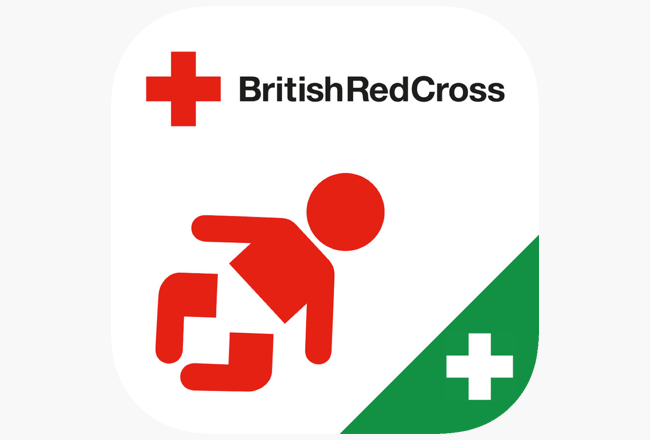Homework – What Is It Good For?
Family HealthHomework presents an unusual challenge for parents. It has been a fixture in education since the earliest days of standardised teaching. It has been around for a very long time – the British Museum has an example of a 2000 year old homework book. Like many things that have been around for a long time, it is possible that parents, children and teachers take it for granted that it is still important or necessary. Homework is not uncontroversial, however:
- A Stanford study found that 56% of students considered homework to be a “primary source of stress”. They said it led to sleep deprivation problems and left less time for socialising or extracurricular activities;
- More than a third of parents don’t think homework in primary school is helpful, and 72% think prep work at school would be a better alternative;
- A study of teachers found that they were split – some viewed homework as essential while others felt there were better ways for children to learn.
This article will look at the advantages and disadvantages of homework for families. It will examine the current NI guidelines on homework, and compare these to countries that are seen as having good education systems. We hope that this will encourage parents, schools and policy makers to consider if alternatives or changes may be warranted.
The Situation in Northern Ireland
In Northern Ireland, there is no specific law regarding homework policy in school. Instead, each school is allowed to set its own homework policy. This policy, once it has been sufficiently developed is to be shared with parents. Homework policies should include things like:
- How long a pupil is expected to spend on homework per night;
- What is supposed to happen if children are getting too much;
- What the school will do if children do not meet the required standard of homework.
A summary of the homework policy of every school is required to be included in their prospectus by the Education (School Information and Prospectuses) Regulations (NI) 2003. This means that prospective students and their parents should have a good general understanding of what will be expected of them with regards to homework at school. The outcome of this system is that schools have different homework policies and expectations.
Equally, the stated purpose of homework at school can vary. However, there tends to be a few generally agreed elements. Most schools include in the “aims” of their homework policies a desire to:
- Keep parents informed of what students are learning at school;
- Provide opportunities to reinforce and practice what students learn at school;
- Encourage independent study among students.
These broadly represent the mainstream viewpoint on homework within Northern Ireland’s educational system. Building a partnership between the teachers/school, the student, and their parents is a key element of many homework policies. This is to be welcomed, but as we have established already, for some parents homework is a source of stress rather than the foundation of a partnership.
Meetings between parents and teachers are supposed to explore ways in which parents can best support their child with homework. The Department of Education runs a campaign called “Give your Child a Helping Hand" which focuses on the important role parents and carers play in improving educational outcomes for children.
This is not exclusively aimed at homework but does include a series of tips and strategies for parents to support their child with any work they are required to do at home. The average amount of homework per day across the UK is 2.5 hours a week, however the NI average around a fifth spending 4 or more hours a week on homework.
NI students are also given some of the largest amounts of homework – around 25% are given 4 or more offline pieces of homework a day. A survey in 2018 found that the average time spent by NI children doing homework was 6.3 hours a week, the highest in the UK. Supporters of homework might point out that the average GCSE and AS/A-Level results in Northern Ireland are the best in the UK. This is the result of a series of educational policies, choices and circumstances however and while homework policies might have an influence, it would be difficult to determine exactly how much.
Alternative Systems
While homework remains a central element of Northern Ireland’s education system, this is not the case in other countries. A notable example is Finland, widely regarded as having the one of the world’s best education systems. While some articles suggest that Finnish children have no homework, this is not exactly the case.
Instead, Finnish students have significantly less homework than their American, British or Irish peers. Additionally, they spend less time overall per day in school, and have longer summer holidays. Many experts put the success of the Finish system down to the quality of teaching, and the esteem with which teaching is viewed as a career. Therefore, while less homework is one aspect of the Finnish system, it is not the central component nor the crucial element to explain its success.
However, opponents of homework have pointed to the Finnish model as proof that homework is not necessarily required to achieve good educational results. Some researchers and experts disagree with the idea that homework is not necessary. Prof Susan Hallam from the Institute of Education argues that homework has a strong influence on the success of children in the British educational system. She noted that students who did two to three hours of homework per night were almost 10 times more likely to achieve five good GCSEs than those who did no homework.
One country that has both a successful educational system and has very high levels of homework is Singapore. The country is often rated either top or near top globally for educational outcomes in reading, mathematics and science. The Singaporean system is rigorous – examination and testing is considered a major element and Singaporean students can expect to take several streaming exams to place them into particular types of school starting from the end of primary school.
While school days and academic years are fairly similar to the UK, homework is a much larger element in the system. Singaporean children spend up to 9.4 hours a week on homework by age 15 – compared to the world average of just 5 hours. The system in Singapore produces excellent results, but is also often criticised for putting too much stress on students.
An OECD study found that 78% of Singaporean students were afraid of the impact of academic failure on their lives – compared to an average of 54%. In addition, Singapore’s focus on more traditional routine style learning (including lots of homework) has raised questions about the efficacy of the whole system and critics argue that students become very good at taking exams, but not necessarily being creative independent thinkers.
Primary v Secondary
One very important distinction that should be made about homework is between primary and secondary school children. As previously mentioned, there is some evidence that homework being set and done in secondary schools has a positive impact on GCSE results.
Research has also found that for older children homework was linked to better test scores and outcomes. Additionally in the NI system, both GCSE and AS/A-Level work often requires independent work at home. Homework can also be seen as useful revision exercises for students who are taking significant examinations.
What about primary level? This is more contested, with some educators arguing that primary school homework does not improve academic outcomes and causes stress to both children and their parents1. In fact, one American research analysis found that for children aged under 11, there was no link between homework and improved academic achievement.
While some schools and parents have argued this should mean no homework ought to be set for primary school children, the issue is more complex. If we consider again the objectives of homework laid out in the homework policies of primary schools, it is clear that at least in Northern Ireland the “point” of homework is not only better test scores.
It is meant to engage parents with their child’s learning and provide students an opportunity to develop useful independent study skills. The solution found by many schools and districts that have “done away” with formal set homework is to instead ask that parents and students do other relevant activities at primary level. This might mean reading or other tasks that are related to the work the child is doing in school. Research has found that it is the quality of the task, rather than the quantity that is important for homework.
Conclusion
In the end, there is no easy answer with regards to homework. This is because it cannot be properly removed from the wider educational system and examined without context. While a child in Singapore might benefit a lot from 9 hours of homework, a student in the Finnish system might do worse. When looking at changing and improving educational outcomes and personal development via homework, parents, schools and policy makers should take a careful approach.
Still, there is a strong argument that the current system could be improved. NI students, particularly those in Primary school are being given more homework than their peers in the rest of the UK and the Republic of Ireland. We know that this can cause stress, and that outcomes are not necessarily improved by giving them large volumes of work. While it is understandable and reasonable that every school sets its own homework policy, it might be worthwhile for a full review of the current system to take place. That way, parents will know what to expect, and schools will be provided with a yardstick to measure their own homework policies and have access to best practice.

























































































